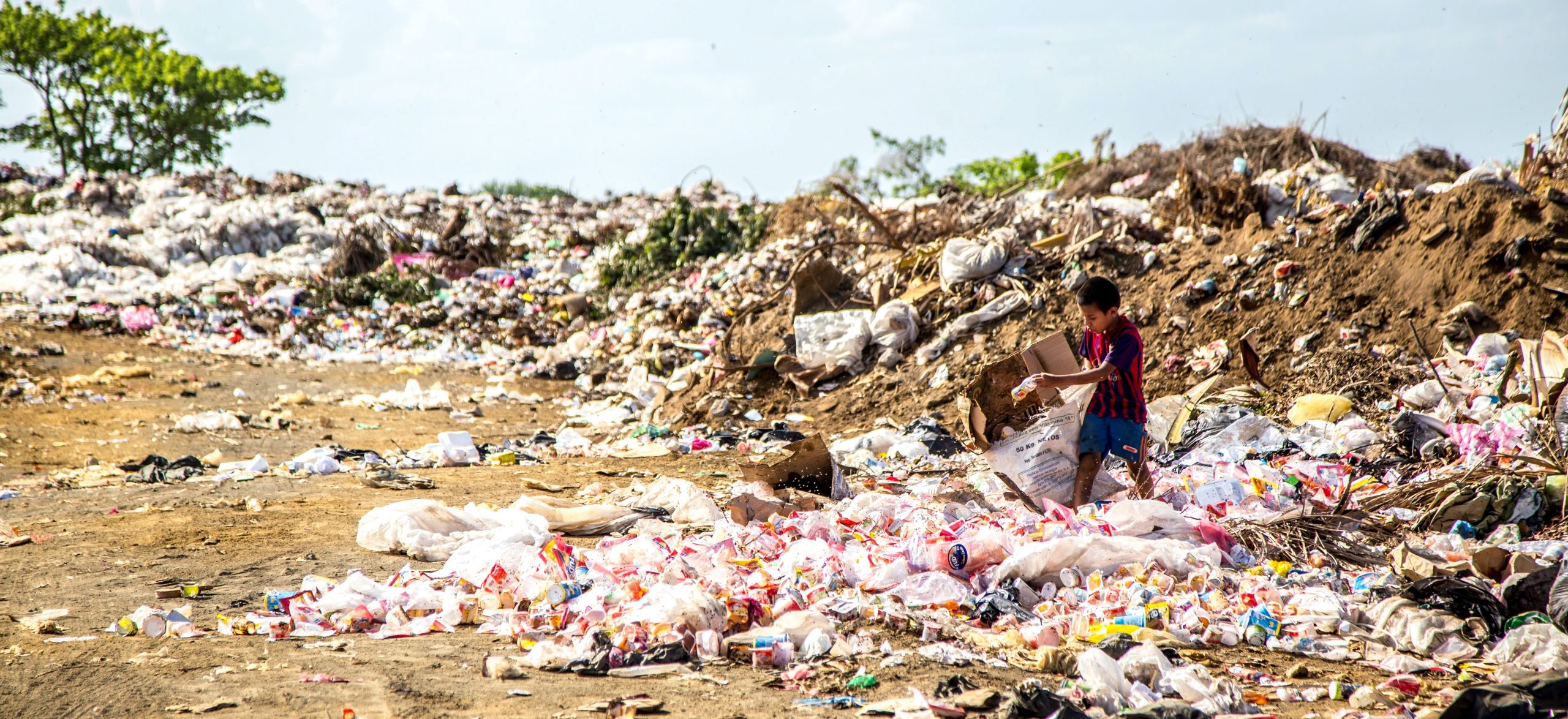The problem
In the nature of Kyle’s work and studies, he has often been a part of projects that involve environmental conservation. I have found it astonishing that the majority of the people who have been a part of these projects are unbelievers. I am not claiming this to be a fact. I haven’t done extensive research into this topic. It is simply an observation. I did, however, find an interesting article that had this to say “Numerous studies of Christian communities and individuals from the last 50 years show negative correlations between Christianity and environmentally protective beliefs and behaviours. In fact, a 2013 study found that “Christians reported lower levels of environmental concern than non-Christians.” In other words, Christianity is demonstrably bad for the environment.” 1 It has been such a rebuke to me that there aren’t more Christians standing up and fighting for our planet. Needless to say, Kyle and I have often spoken about this very topic. It is something that is very much in both of our hearts.
Our calling
I truly believe that we are called, as Christians, to share God’s love with the world (Matthew 28:16-20). We concentrate much of our time, energy and resources, as the church, doing this. We often hear sermons on how we are to live according to God’s laws and to live upright and holy lives. These are all good and right things to be doing. I often wonder though whether we have forgotten about one of the very first commandments that God gave to us…
“And God blessed them. And God said to them, “Be fruitful and multiply and fill the earth and subdue it, and have dominion over the fish of the sea and over the birds of the heavens and over every living thing that moves on the earth.” (Gen 1:28)
God has called us to subdue the earth and have dominion over it. What does this mean exactly? Now I’m not going to go into a whole long theological debate here. But let me try to explain it briefly. This does not mean that man is free to pillage or abuse the earth’s resources. On the contrary “dominion” involves responsibility and accountability. God has given us a mandate to look after our world and to take care of it. Has this commandment fallen away? Or have we just forgotten to obey it?
I definitely don’t want to turn this into an argument as to which of these two commandments is greater. For this would be pointless. Rather we should see these commandments as working together. Now that we believe the good news we should be living out our faith by our actions. We should be caring for God’s creation as an outworking of our faith.
Our witness
Some may argue that people are more important than the rest of God’s creation, we should therefore be focusing our attention on meeting people’s needs rather than addressing environmental issues. Many of our environmental problems, however, have a negative impact on people. If we fail to care for the environment, God′s people will suffer as a result. Every Christian has a responsibility to care deeply about our planet. We must do this not only for the environment’s sake, but we should see this as a practical outworking of the call to love our neighbour (Matt 22:39). Our interactions with the environment should aim at improving human life and alleviating the sufferings of men, women, and children.
Furthermore, by obeying this commandment it will in no way interfere with our witness to unbelievers. Rather, it enhances our witness as others see us put our faith into action (James 2:17). Our concern for the environment may even open up opportunities to share with unbelievers that our service to the creation overflows from our love for God, the creator.
Being part of the solution
I don’t know about you, but I often feel so overwhelmed about the current state of our planet. I watch documentaries and different nature conservation programs and I feel like it is just hopeless. We, as a human race, have abused our authority over God’s creation. I often feel like there is very little that I can do on my own. World leaders and politicians have much more say in what is happening to our planet than little old me. But I am convinced that just because there isn’t much I can do doesn’t mean that there is nothing I can do.
In this section I want to give you some ideas of things that you can do as an individual and as a family. This is by no means an exhaustive list. Please feel free to give some more of your own ideas in the comments section.
- Teach the importance
As Children’s Church leaders we should be teaching the children in our classes to care for the environment. At the end of each lesson we should have some sort of application. Where appropriate we should be teaching the children that we are called to care for God’s creation.
Likewise, as parents we should also be teaching our children at home that we have a responsibility to care for our environment. We should not only do this by our words, but by our actions as well.
- Pick up rubbish in our neighbourhoods
Last weekend Kyle and I took our girls on a walk around our area to collect rubbish. We were only gone for just a little over an hour and yet we managed to collect 4 big black bags of rubbish, with the help of one of our neighbours. I was amazed at how much rubbish we managed to collect in such a small area and in such a short space of time.
This doesn’t have to be a whole day event. It can even be something that you can do on your way to the park or somewhere similar. You can do this as an individual, a group of friends or a family.
- Conserve resources
In South Africa we are all too familiar with the idea of load shedding. By turning off lights or appliances that you are not using you will conserve energy.
This year, over most of South Africa, has been one of the wettest we have had in years. Although there are still parts of the country that are experiencing a drought. It is necessary that we save water as much as possible to preserve this natural resource.
These are not just good ideas during dire straits. These are good practices to follow even when everything appears to be fine.
- Source food locally
When you buy food locally it means there is less transport that is involved which in turn means a reduction in the overall carbon footprint.
- Recycling our waste
Next time you go to the shops aim to only buy products that come in recyclable packaging. I know this is not always possible, as there are some items that only come in non-recyclable packaging like washing powder, for example.
You may say that you don’t know where to take your recyclable waste. I have two possible suggestions. First, a lot of schools have a recycling collection point as it acts as an extra source of income for the school. You could drop off your recyclable material at your local school.
Alternatively, most cities in South Africa have what we call “Street Collectors”. They are people who come around our neighbourhoods and actually dig in our bins to find all of the recyclable material. They then take everything to a recycling depot and collect money in exchange. How about if we kept our recyclable material separately for them so that they didn’t have to rummage through all of our dirty rubbish bins?
- Reduce our impact
There are many ways in which we can reduce our waste. First, we can reduce our packaging by buying items from a type of “refillery”. There are some shops that you can take your containers to and refill those containers with the items you need. We can also reduce our packaging by buying alternative products that do not require packing. For example: Instead of buying liquid body wash, buy a bar of soap.
The next suggestion is going to be a sensitive one for many, but I’m going to broach the topic anyway. Disposable nappies and sanitary towels contribute a large portion of our waste and they take an extremely long time to decompose. If your parents used disposable nappies for you when you were a child, those nappies are still around and they will be for the next 100 years or so. So why not use cloth nappies and sanitary towels? (There is much more that could be said on this topic, but I’m going to leave it there for lack of space and time.)
Where possible try and buy items that are packaged in glass instead of plastic. Plastic is far more complicated to recycle and takes extremely long to decompose.
- Commemorate Earth Day
Earth Day is held annually on 22 April. Do something noteworthy on the day to commemorate Earth Day. If you have school going children maybe you can suggest that the school wears civvies on that day and the money that is raised goes towards some conservation project.
Conclusion
God gave us a mandate to care for His creation. Sadly we have, however, almost entirely forgotten this. There are very few Christians involved in conservation issues and we very seldom hear a sermon on how we are called to care for God’s creation. Now I’m not saying that we should put this above the great commission. By no means. But does that mean we don’t have a responsibility to care for it? No, we should take this calling seriously, so that we can be a witness to those around us and love our neighbours by our actions. Let us be a part of the solution.
Thanks for reading my post. I hope you found it helpful. Please send me any feedback, comments or questions that you may have. Feel free to give some of your own suggestions. I would also like to hear if there are any topics that you would like me to deal with in the future. Any suggestions will be greatly appreciated.
Bye for now.
“The earth is the Lord’s, and everything in it,
the world, and all who live in it;
for he founded it on the seas
and established it on the waters.”
References:
- https://www.bu.edu/articles/2018/christianity-can-be-good-for-the-environment/
- https://www.geneva.edu/community/environmental-stewardship/why_care
- https://www.focusonthefamily.com/family-qa/christians-and-the-environment/




